|
Pictured: Co-owners of Your CBD Store Simsbury, Katonya Hughey and Nakia Kearse. (Photo: Corey Lynn Tucker Photography) By Sarah Thompson Nakia Kearse and Katonya Hughey always knew they wanted to go into business together. A friendship that sprouted 14 years ago when they were corporate colleagues has now flourished into a business partnership with proud new roots in Simsbury. CBD. It’s a buzz word that has been around long enough for many people to know that it has something to do with cannabis, but perhaps not long enough to fully grasp the wide range of benefits it offers. The growth of CBD products has been so immense that industry analysts predict the U.S. CBD market will reach $20 billion in sales by 2024. For Kearse and Hughey, it not only has helped them with friends, family and personal health challenges, it has offered a great way for them to give back and help people in their community improve their lives. Hughey was born and raised in Bloomfield and has frequented Simsbury since childhood. Kearse, a resident of Simsbury for the past 14 years, has enjoyed raising her children in the town she now calls home. Both have a deep affinity for Simsbury, which is why it made perfect sense to set up their business right in the heart of the Farmington Valley town, on Hopmeadow Street. “As I thought about my community, I reflected on the number of stories I’ve heard over the years about friends and their loved ones with health concerns or just looking for something to help them feel better. And after not finding many options locally to seek out these natural alternatives— like CBD—in a place with people you could trust and who cared—that is what we set out to create. A neighborhood store, with high-quality products and a strong community connection,” explained Kearse. Because one-size-doesn’t-fit-all for using CBD products to address ailments, Kearse and Hughey take customized approaches to each person who With education, consultation and community at the heart of their business model, the pair work hard to ensure that all who come into their store feel comfortable and informed. “We strive to be consultative,” shared Hughey. “We put a premium on listening to our customers’ concerns in order to provide appropriate solutions.” According to Project CBD, cannabis has a rich history as a medicine going back thousands of years. CBD is one of more than a hundred phytocannabinoids unique to cannabis. These cannabinoids endow the plant with its robust therapeutic profile. Cannabinoids interact with the body's Endocannabinoid System. The Endocannabinoid System is a system of receptors responsible for regulating many vital processes within the body including immune response, communication between cells, appetite, metabolism, memory, and more. CBD binds with these receptors to help your body achieve homeostasis—a state of stability, balance or equilibrium within a cell or the body. “We make sure that customers understand that it is an alternative to traditional pharmaceutical drugs,” explained Hughey. “We talk through all the benefits and the different ways of ingestion. CBD is a natural anti-inflammatory. Each product works differently and can impact each person in a different way. We explain the whole process to them.” Because one-size-doesn’t-fit-all, Kearse and Hughey take a customized approach to each person who walks through their doors—something they have dubbed “helping one neighbor at a time.” “Our goal is to help,” shared Kearse. “We’re not here to sell something that doesn’t work. We want to help people discover what works best for them, their routine and their goals.” This promise is even backed by a 30-day refund guarantee on all their products—including their most popular—Topical Creams, Oil Tinctures and delicious edible treats like and Peach and Watermelon Rings. Kearse and Hughey also stay on the cutting edge of new developments in the market. Because the store is part of a larger footprint of stores, they are connected to regulations and how the market is evolving. “We are excited about some of the new science exploring other powerful cannabinoids and the use of other natural ingredients to target specific needs,” Kearse explained. “Like our new CBNPlus tincture that is infused with lavender and valerian root, to help relax and calm before bed. It has CBD, but also a higher concentration of CBN, another cannabinoid found in cannabis. Or our Maxine+Morgan capsule that is includes CBD and other natural ingredients like fennel, tumeric, ginger, cramp bark and valerian root. This products helps women suffering with premenstrual and menstrual symptoms.” After having opened their doors in February of this year, the pair was full steam ahead with doing in-store sampling and offering high-touch in-person demos to showcase the power of their high-quality CBD products. They could easily point out the unique QR codes that are on each product that link directly to third party lab reports, ensuring a consistent quality process and transparency all the way through. And then boom—COVID. Just one month into their new business, they were forced to shift gears. But, finding solutions is what Kearse and Hughey do best, so in a matter of weeks they launched a new website with an online store, virtual consultations, curbside pickup and even delivery. What has catapulted them into a more grassroots effort has kept student athletes with aches and pains and people with arthritis, gout, sleep issues or anxiety reaching out for help. And beyond helping customers find relief, Kearse and Hughey have supported first responders in Simsbury and Bloomfield with CBD care packages and are working to develop a forum that will allow community members to discuss racial injustice, bias and inclusion in a safe space. “We both have a history in diversity and inclusion,” shared Kearse. “As we see the level of unrest, a lot of the times people just don’t know how to have the conversations and they want to help, but don’t know how. They have questions but don’t have a safe place to discuss what’s on their mind. Many may not have close relationships with people of color, so they are left looking at TV or reading something in the news as opposed to having real-life interactions.” “We can begin to have some of these conversations that are deeply meaningful for us as a country, so this is simply not a movement for a day, but something that can have a long-lasting effect on the way we interact and live. Our goal was to be a neighborhood store, to understand the needs of the community and try to serve them not only with CBD but with other things, and this was a gap that I think we were uniquely positioned to try to help fill,” she added. The store is also partnering with Signs Plus of East Granby to benefit Simsbury A Better Chance (ABC)—a non-profit organization making a difference in the lives of academically talented young men of color from underserved communities. Black Lives Matter signs and t-shirts printed by Signs Plus are being sold at Your CBD Store Simsbury, and $5 of the sign and shirt proceeds plus an additional 5% of CBD sales from customers who buy a sign or shirt will be donated to ABC. Now that their store is fully operational, Kearse and Hughey are experiencing the joy of helping one neighbor at a time have health without the “high”—benefiting from the therapeutic properties of cannabis without the psychoactive effects. “We always had a desire to do something different—something where we could truly give back and help,” said Kearse. In just a few short months, they are fulfilling their dream of building strong, lasting relationships with their neighbors and offering high-quality service and products for a better community. PLEASE NOTE: Your CBD Store Simsbury is now permanently closed. 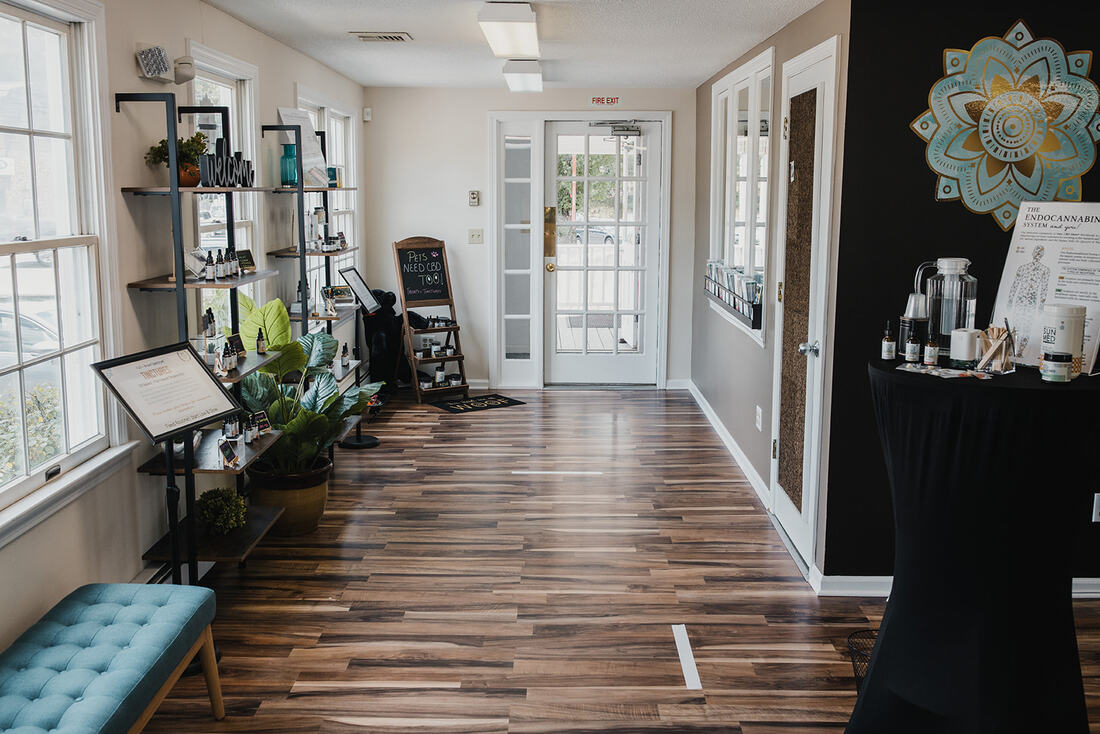 browse the shopblackct directory:
10 Comments
Kim, Charles and Kerry Kincy (Photo courtesy of Kerry Kincy) By Kerry Kincy Inspired by my father a Black entrepreneur, and by the Black Lives Matter movement in Connecticut and across the country, I set out to learn more about the experience of being a Black business owner and the importance of community support. What I discovered revealed a familiar and sometimes uncomfortable truth. My father was a Black inventor, a reader and a dreamer. Charles Kincy's best ideas came during the day, driving in a brown truck, in a brown uniform and delivering brown packages. He was an entrepreneur and created small Black-owned businesses in his community his entire life. For one of those businesses, Antiklectables, he purchased and sold Black art and Black memorabilia and it continues to operate today, nine years after his passing in June 2011. He was a successful businessman and a major contributor to the Black economy locally and beyond. A sense of agency—the intentionality for which he instilled the importance of supporting Black-owned business—was paramount to him. Ownership was always echoed in his conversations. “Owning” your history, your craft, your knowledge, your successes, and passing on your motivation to move forward in the direction of your Black ideas and dreams--those were his legacies. Charles was adamant, standing firm on the importance of reading, and was generous with reminders to pay attention to who had paid for those books to be written. It was important for him. He understood that racism was real and that it was often hidden beneath layers of narratives, disguised as nonfiction. Charles believed that despite being enveloped in racism, it was essential to know your own value and how your value contributed to the environment around you. I recently took to my neighborhood to explore other Black entrepreneurs in my community, to learn and discover more about the experience of being a Black business owner and the importance of community support. Bobby Perry, my neighbor, friend and pseudo-surrogate dad was my first source. Mr. Perry, now retired, and his wife, Olivia, have owned several businesses over the years. Mrs. Perry continues to provide custom tailoring services and Mr. Perry’s food truck was one of my favorites. We chatted in his garden, like we do most summer mornings while watering his collards. “Back in the day, I had so many people supporting me. Whenever there was something going on in town, the schools, the police events, anywhere, there was a need for good food, I would get a call. Larry McHugh, from the Chamber, was really good to me over the years and always made sure I was there. The biggest support came mostly from the white community,” he shared. I wondered why the majority of his support came from white folks more than folks that looked like us. He said, “There were a lot of good Black customers too, but sometimes people are threatened by someone else’s successes, and don't know how to act if they think you’re getting ahead faster.” That old saying about crabs in a bucket came to mind and sadly not particular to just Black folks. I later called to pose the question to Jessica, the Perrys’ daughter. Jessica grew up watching her parents work hard and create business opportunities that could provide for their family. “Growing up with parents as entrepreneurs, Perry’s Groceries, Perry’s Ice Cream, Excellent Designs by Olivia (a tailoring business) and Perry’s Hot food trucks, in addition to their full-time jobs, was simply a way of life and deeply rooted in us. Being your own boss while creating a good, quality product was and is our continued focus,” Jessica said with pride. Jessica and her daughters have followed in business, opening Queendom's Luxury Eyelash Extension line design in 2018, and later relocating to Central Florida. The business, which Jessica runs with her daughters, has grown exponentially over the last two years. She has also just recently started another business, Purpose Partners, which was launched in May and, despite the pandemic, has been well-received by the community. For business owner Jerome Mountcastle, the risk of entrepreneurship was like stepping into the unknown. Jerome was a troubled teen, and worked for a local car dealership detailing cars. He supplemented his income, “hustling drugs in the streets” to provide for himself and keep on top of child support payments that took most, if not all, of his paycheck most weeks. He decided to open his own detailing business, and although his first season was successful, when winter came and business dried up, he explained that he had to go back to the dealership. “I wasn’t aware of any business resources that could help me understand how to stay in business during slow seasons, and fell short in my financial responsibilities,” he said. But he kept at it, using the skills he acquired “hustli'n’”—quality goods, customer service, dependability, loyalty and word of mouth to build his business model.
It was clear to him those same strategies could be helpful in creating a solid business plan. “I found a way to create a life for my family doing what I love to do. I had come from nothing and now my children get to see and learn about working hard, about taking positive risks, about responsibility to self and about staying humble in all of it,” he said. Most of Jerome’s clients are between 50 and 70 years old and “mostly white people,” he laughed. I asked him why he thought his business had more support from whites in the community and he replied emphatically, “People are envious. They come work with you, see the money and think it’s easy. They quit and try and take your clients, never realizing that what I was doing was making a space for everyone to learn and feel successful. It was never just about me.” Jerome reminded me of my dad, who has worked full-time delivering packages for UPS and spent the rest of his time creating business ideas and making them real like the shoeshine stand he built and leased to other Black men in the community to exercise their entrepreneurial dreams. Charles also designed and created underwear for men and used the nonsensical stereotypes about Black men being more endowed to boost sales. He was brilliant at taking what he saw as oppressive and racist, rethinking it in a way that gave the power back to himself and other like-minded Black and brown dreamers. In part, I believe the paucity of witnessing and being exposed to successes in Black communities prevents Black folks from ever getting past the dream stage. We all have a dream, however the opportunities to see, learn, be exposed to and have access to Black successes are limited. The tools needed to continue to make those dreams a reality are learned and a muscle that must be exercised often. Environment is everything and access to programs and resources to help make real, entrepreneurial dreams come true are needed now more than ever in our Black communities. What I did discover is a common thread in my exploration of the experience of Black entrepreneurship. When asked who were their biggest supporters, the Black business people I talked to agreed that more whites than Blacks were to account for their repeat business. As a Black woman in business, I myself found the same to be true and only ever mentioned it in close company. But why? I wanted to dig deeper and understand some of the root causes and found these two interesting reads. Looking Beyond the Numbers: The Struggles of Black Businesses to Survive: A Qualitative Approach is a research study that aimed to use qualitative measures rather than quantitative to understand the barriers Blacks face in Black communities to be successful and sustainable.
I found a copy of a conversation that was published in Essence Magazine in 1984 between civil rights activists Audre Lorde and James Baldwin that gave me a different perspective and helped me to understand a little bit better. The conversation provides insight into the cultural structures where Blacks are already embattled in their own attempts within Black culture to escape being trapped into an Americans dream that systematically is set up to be unattainable. In an excerpt from “Revolutionary Hope: A Conversation Between James Baldwin and Audre Lorde” the two discuss race and business. The structures that naturally form in a culture where you're indentured in someone else’s idea of who you are, what you can be and offer the world are crumbling. The invisible biases that accompany Blacks in business are being exposed and remedying with a renewed sense of altruism. Allies are continuing to seek ways to support our Black entrepreneurs in creative ways. It’s driving positive changes across communities here and beyond. The substance of hope and faith have been evident in this new light of collective and cohesive strength the Black Lives Matter movement provides all of us. Today, I see the biggest shift in our young people. Recent events have provided a space for healing together and a place for young Black and brown people to come together in ways that force us to look at how we fight oppression and amplify our value together. “Seven million young people of color will have turned 18 since the last election,” wrote Dr. Melanye Price, a professor of political science at Prairie View A&M University in Texas, in her op-ed in the New York Times. “These newly eligible voters are primed for political participation after having consumed a steady diet of videos of racially motivated shootings and stories about the kidnapping of immigrant children. But their interest in politics is also thanks to the activism of groups like Black Lives Matter. There’s much more compelling evidence that we can motivate these young people to vote,” she wrote. Change is indeed coming and young people have created a shift in all of our perspectives on how to be more supportive for the greater good. As kids, my sister and I would rather clean and cut greens all day, than listen to our dad’s oratories about value, ownership and power. We would begrudgingly repeat back his words and subsequently remember it in our bones: “You are royalty. Your ancestors come from royalty and you must continue to honor and uphold these truths of who we are and carry on the legacy.” At the time, as fascinated as I was with the idea of coming from a royal family somewhere deep in the roots of our family tree, I found it hard to reconcile, since so many exchanges we shared as a family in our community and the world proved to be less than royal. My dad went to the extent of coming up with a code word for us to say when something or someone challenged our ideas of self, our value and our truth: “Kinciditia.” It was the signal that our truth would overpower any negativity that came at us; a sort of Kryptonite for our arsenal when dealing with racism in our everyday lives. As a kid, I never really understood why a sign that said “No Blacks, No dogs, No niggers,” would be important for his collection. I never understood his attraction to underground lithographs, prints and posters that depict Black folks as animals, in ugly blackface cartoons and always, always less-than. Today, I understand how deeply he felt about his Black experience, the experiences of Blacks in history, of how we as Black people were portrayed and how hard he worked his entire life to dismantle it. He worked equally hard his entire life to instill in us that we were valuable beyond any measure then what others set for us, and for me that has made all the difference. browse the shopblackct directory:
6/23/2020 40 Comments Win this self-care gift BASKET!CONGRATULATIONS TO THE WINNER: MELANIE S.!! To celebrate the launch of www.shopblackct.com, we're giving away a self-care gift basket packed with great items from Black-owned businesses listed on this site! INCLUDED IN THE GIFT BASKET:Lavender Mint Massaging Soap Bar (Heavenly Bodied) King Me Loofah Soap (Heavenly Bodied) The King's Butter (Heavenly Bodied) A Kingly Scrub (Heavenly Bodied) Earrings (Shanta's Vintage Boutique) Necklace (Shanta's Vintage Boutique) Shea Lip Butter (Royal House Products) Sea Moss Face Masque (Royal House Products) "Love" Clip (Clouded Boutique) Sativa Seed Lip Oil (Clouded Boutique) Coconut Lip Gloss (Clouded Boutique) "The Penthouse" Gold Paparazzi Necklace and Earrings (Jewels Exclusive $5 Bling) Whipped Unscented Shea Butter (Ray of Sol) Soap Tray (Ray of Sol) Handmade Body Soap (Ray of Sol) CBD Bath Bombs (Your CBD Store - Simsbury) Pure Uncut Egyptian Musk Oil for Body and Burning (Royal House Products) Retail value: $210+ HERE's HOW TO ENTER:1. Comment in the blog comment section with your name and which item you are most excited about winning! 2. Follow SHOPBLACKCT.com on Facebook (CLICK HERE) and Instagram (CLICK HERE). 3. Share this giveaway page on your social media. 4. Complete the form below. The winner will be chosen at random on July 8, 2020 and will be contacted by email and announced on SHOPBLACKCT.com social media. The gift basket items will be shipped to the winner. Open to US residents only. No purchase necessary. |
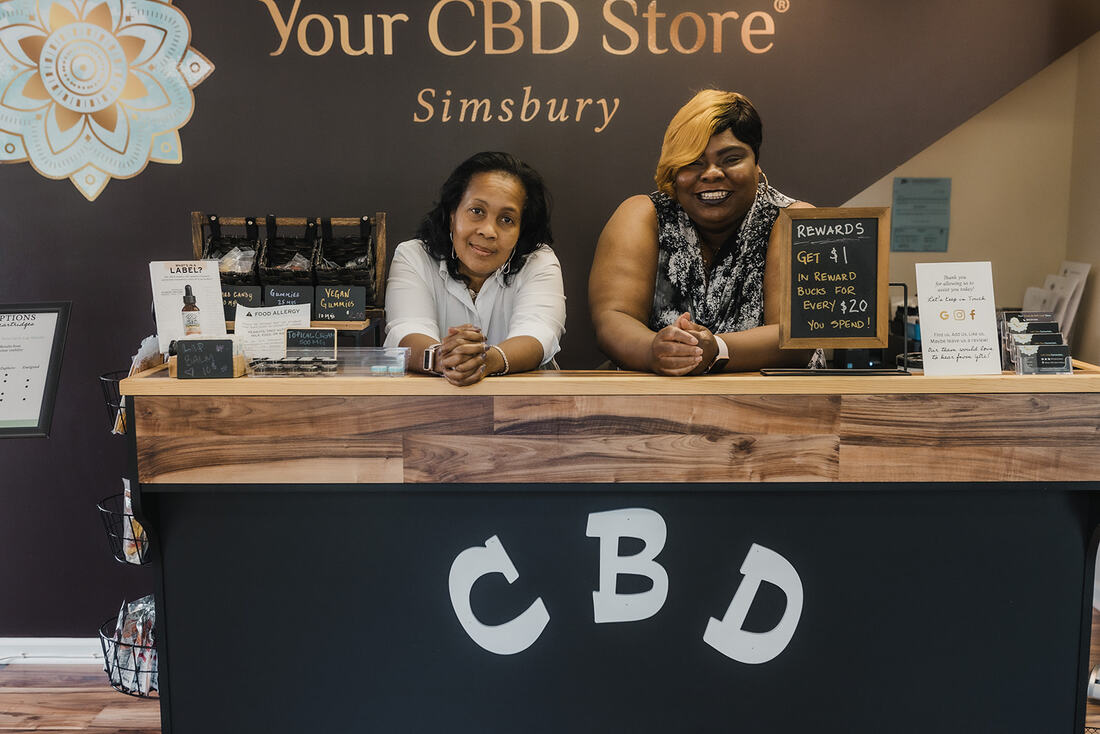
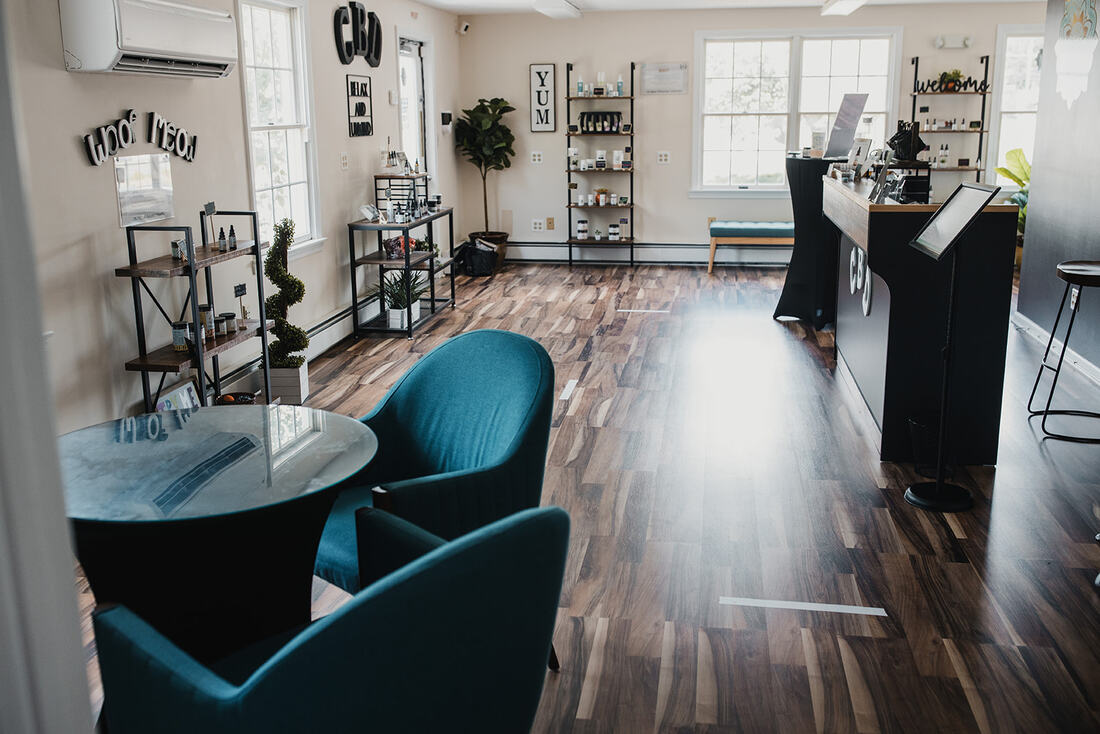
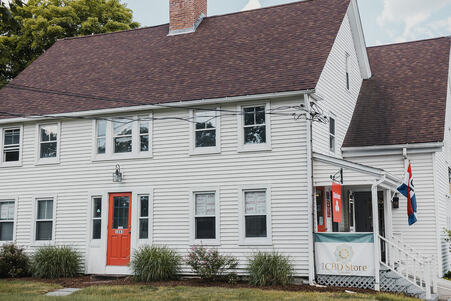
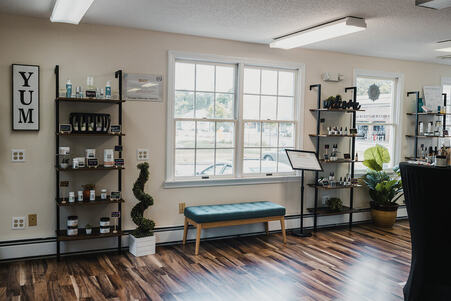
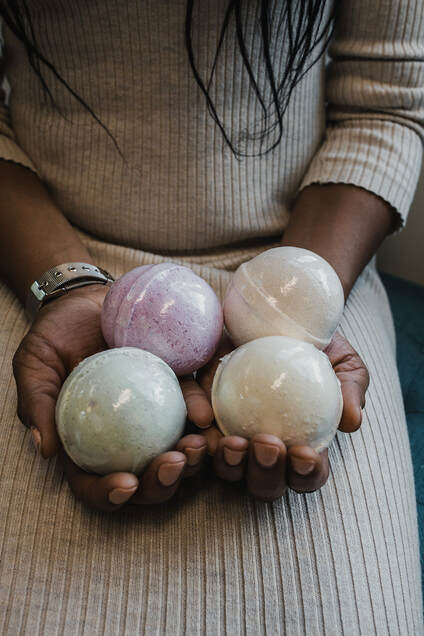
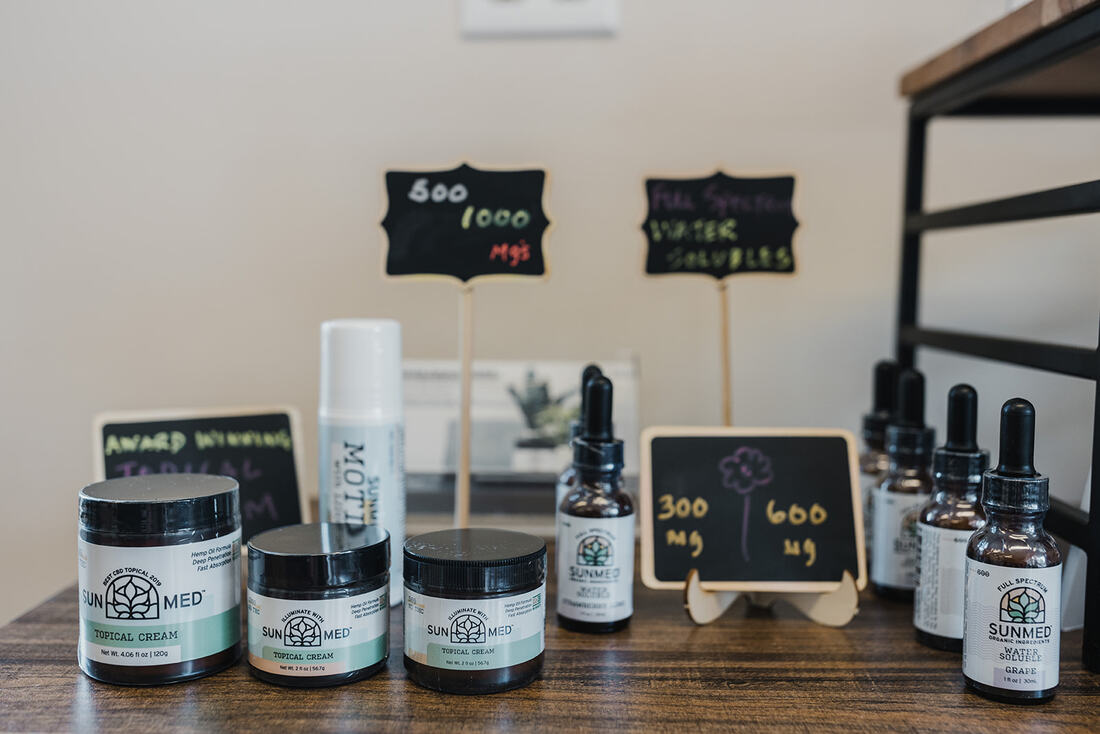
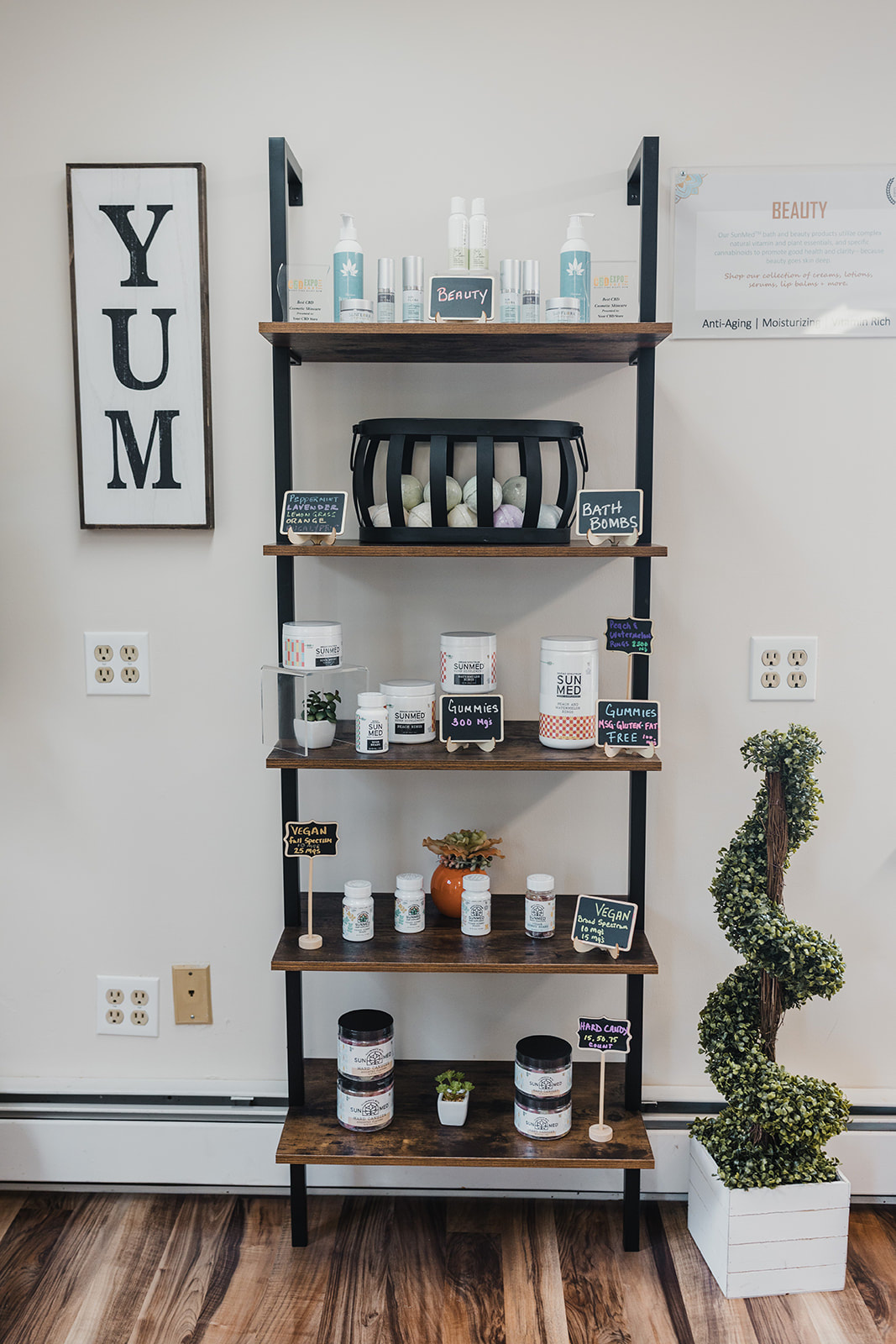
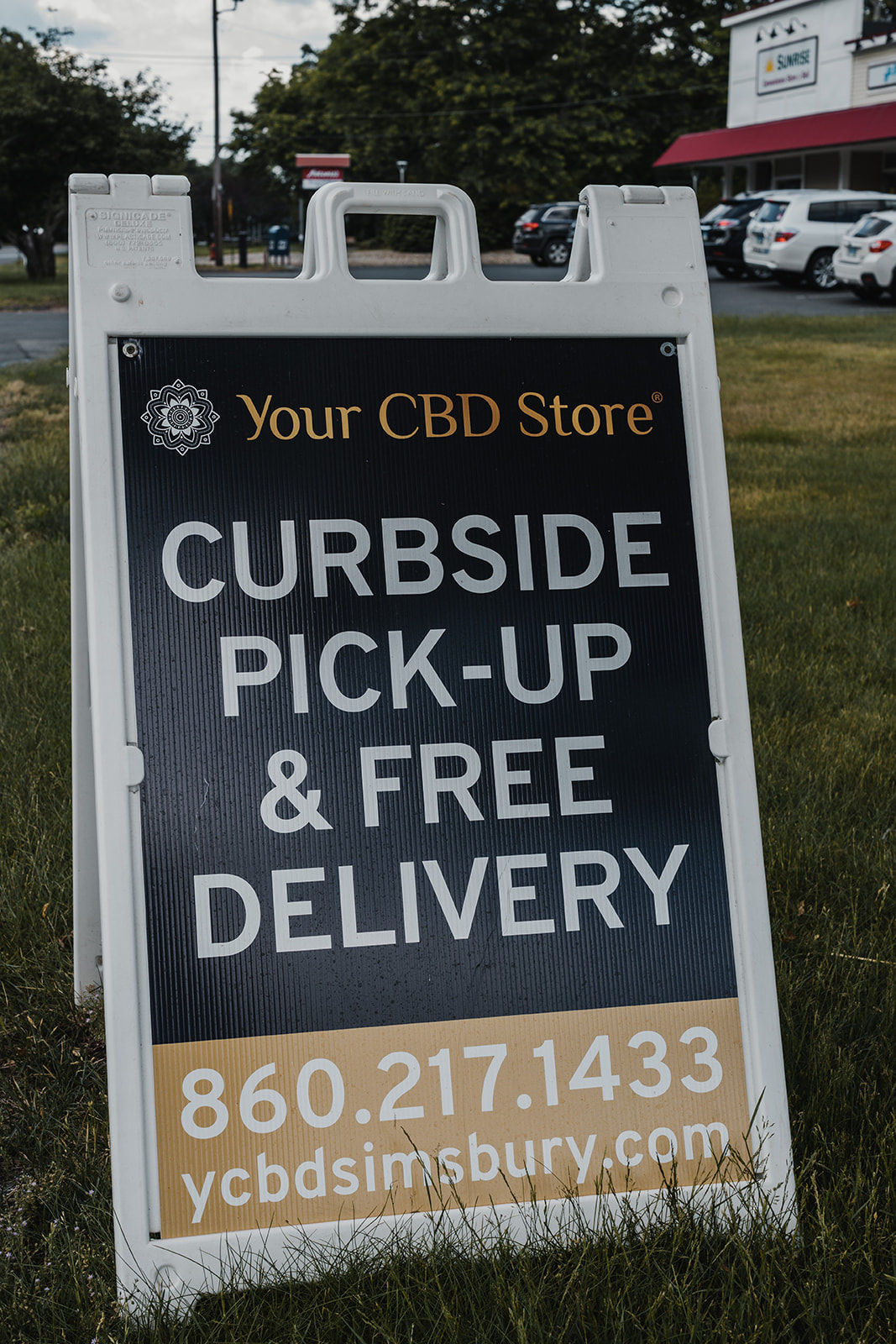
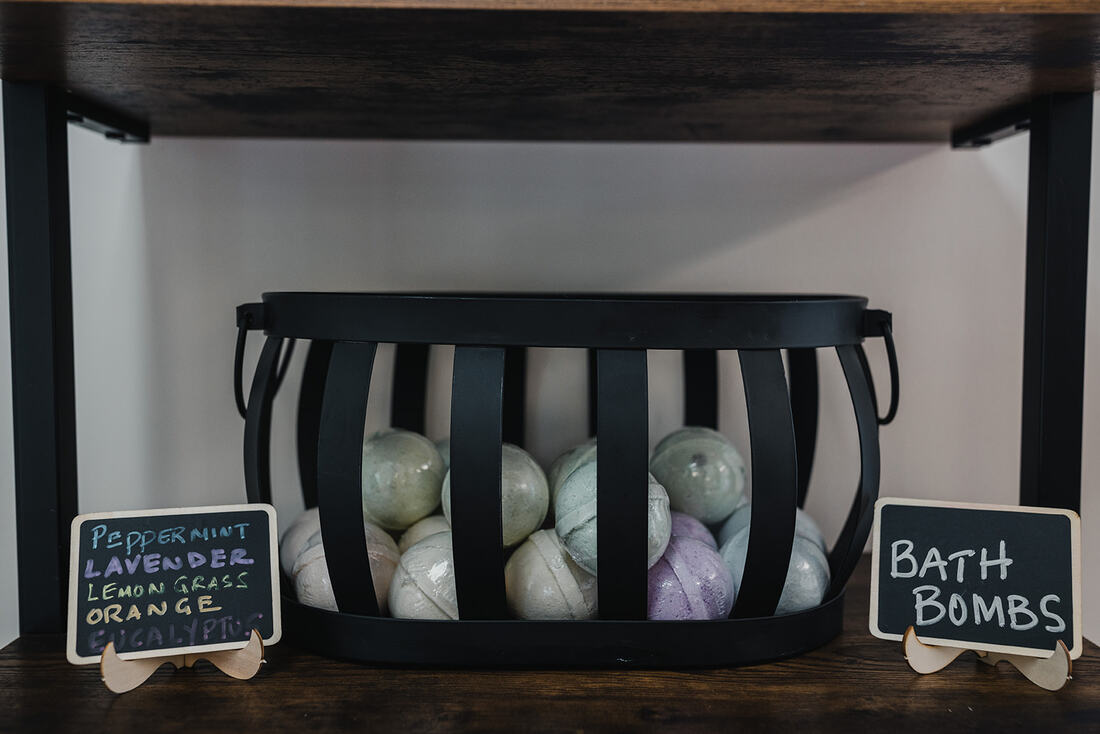
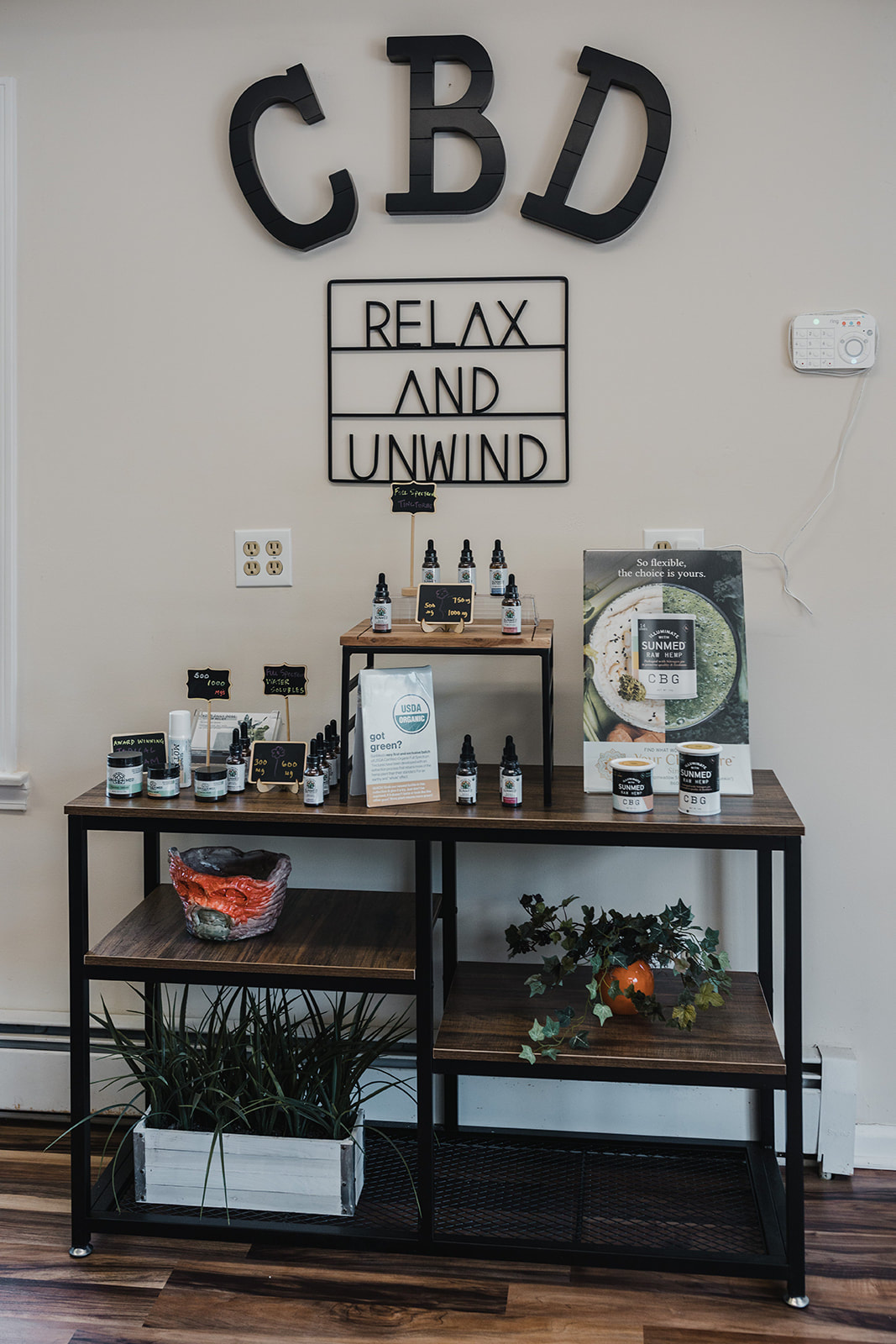
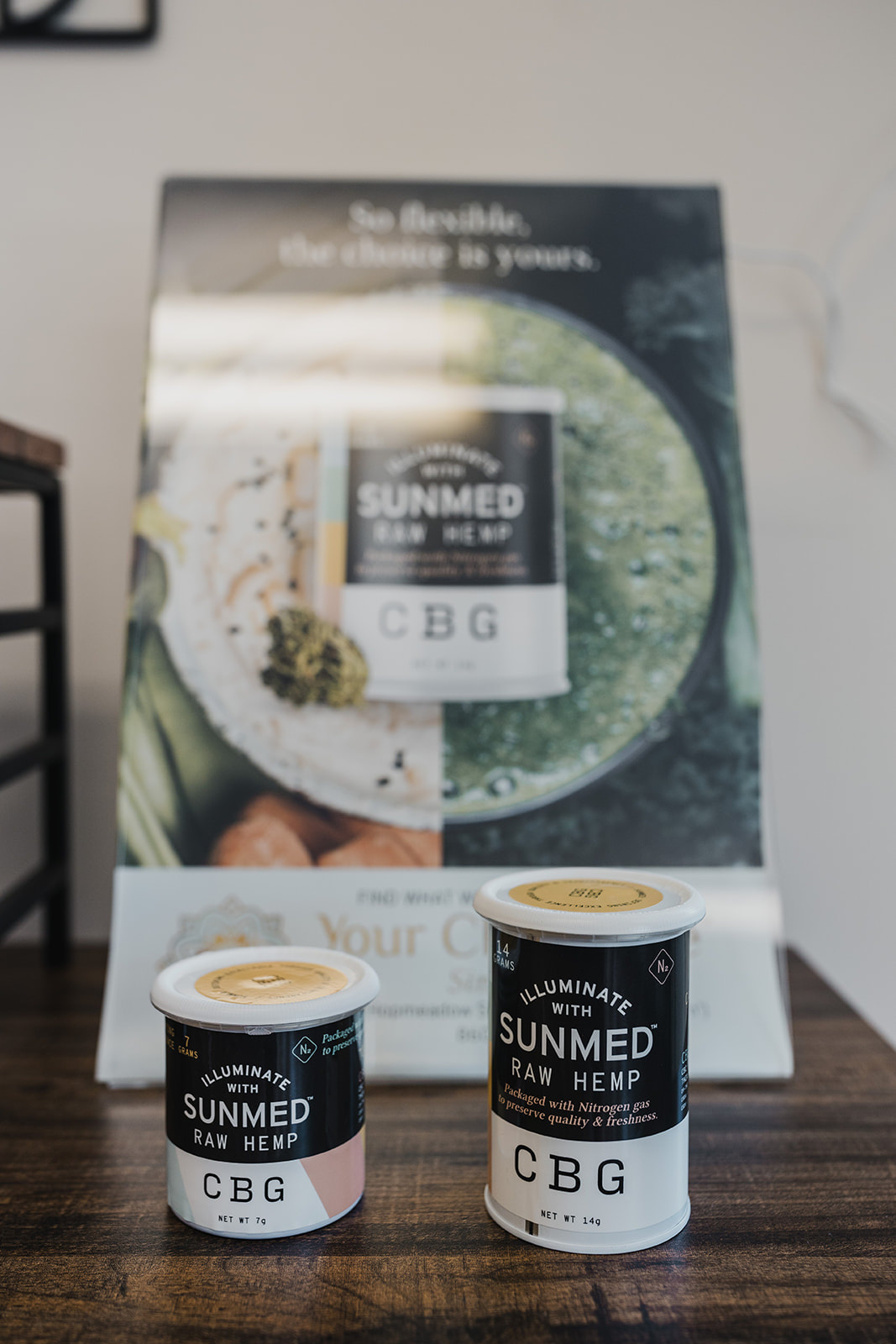
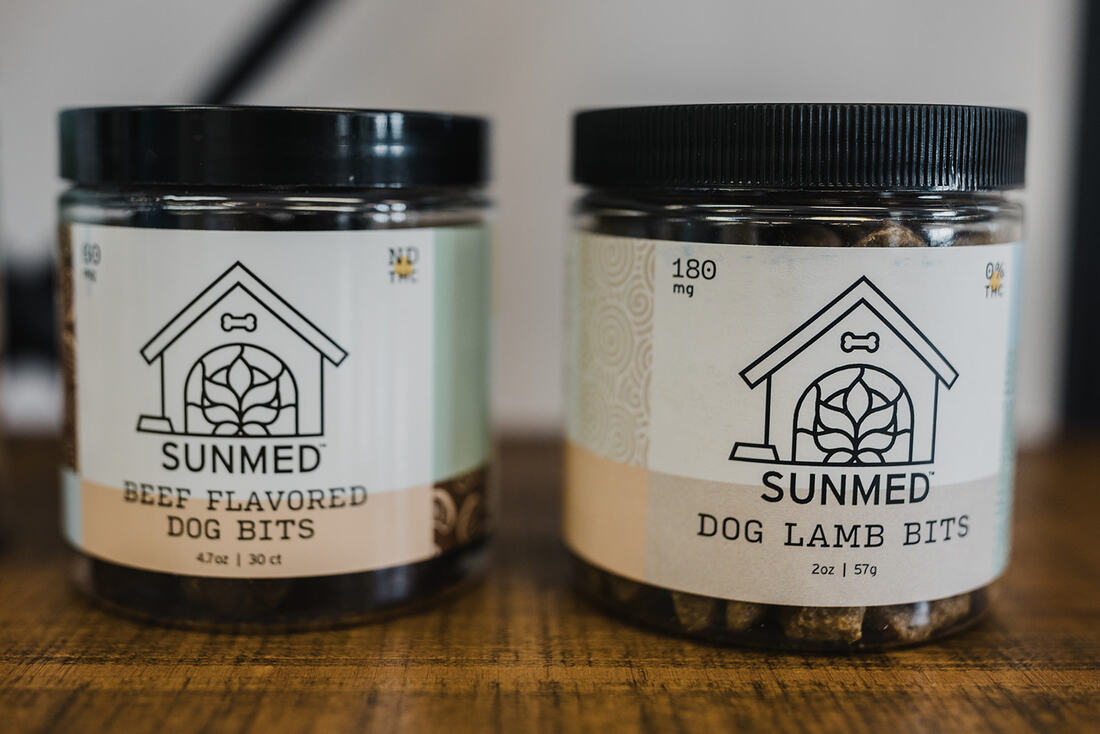
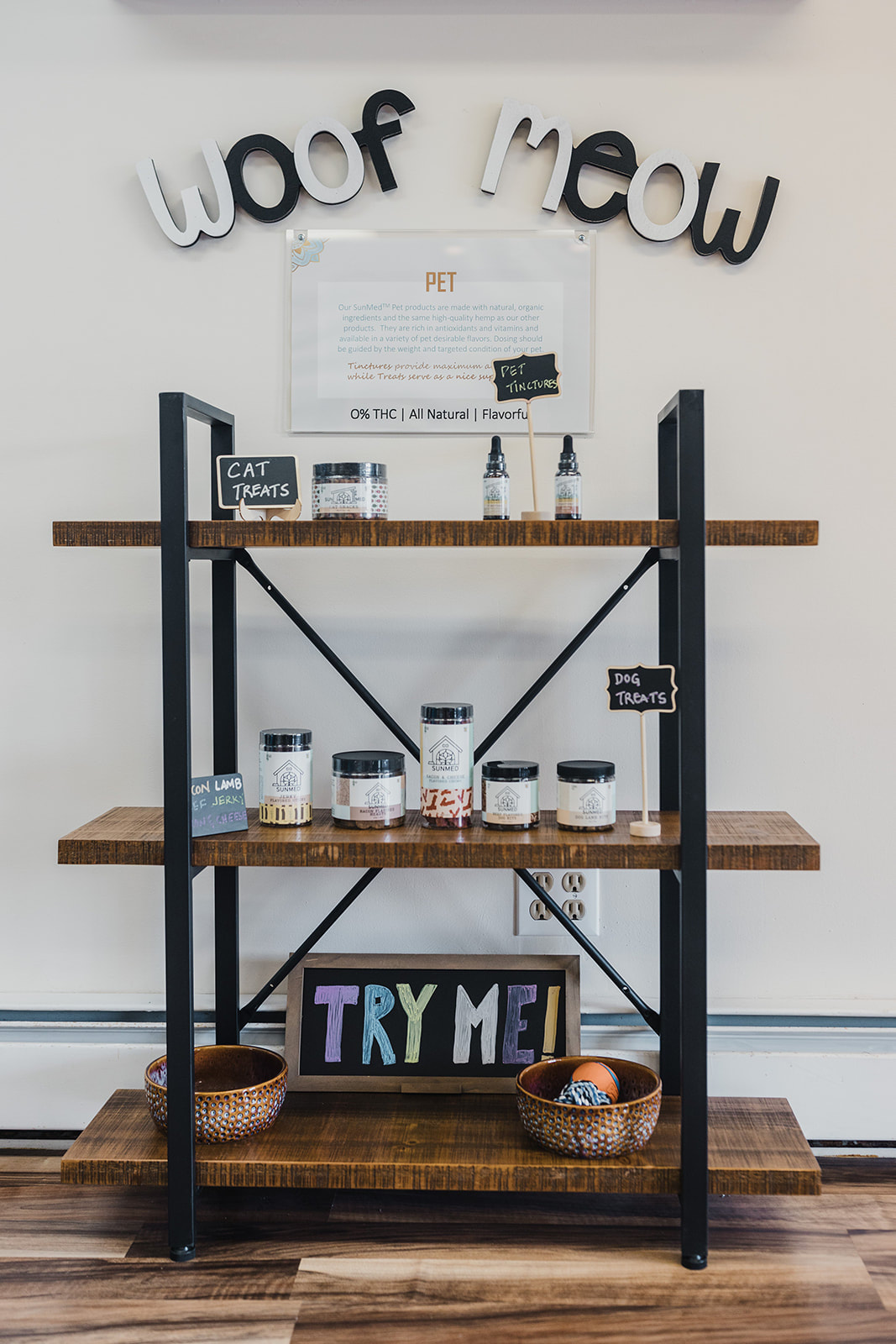
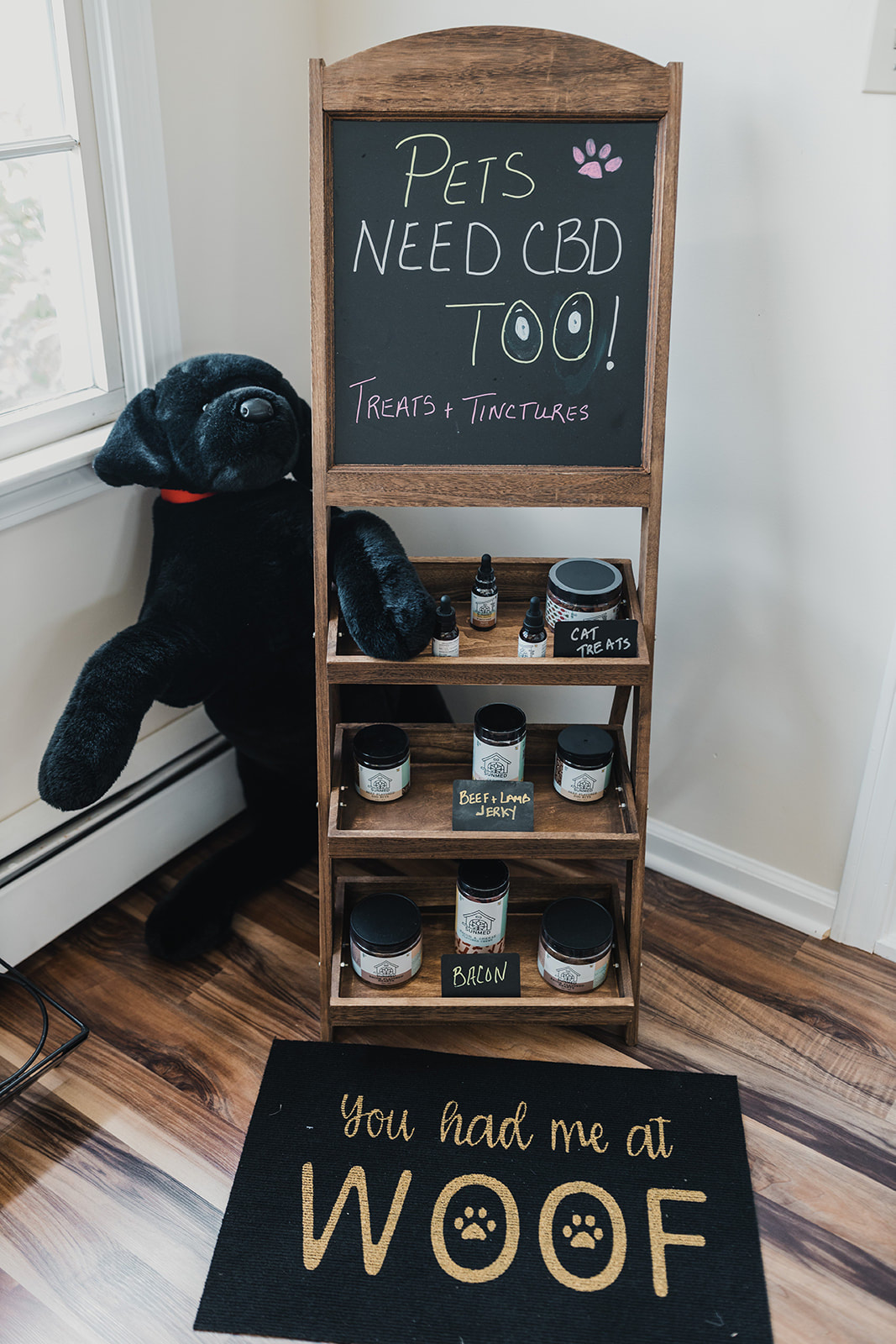
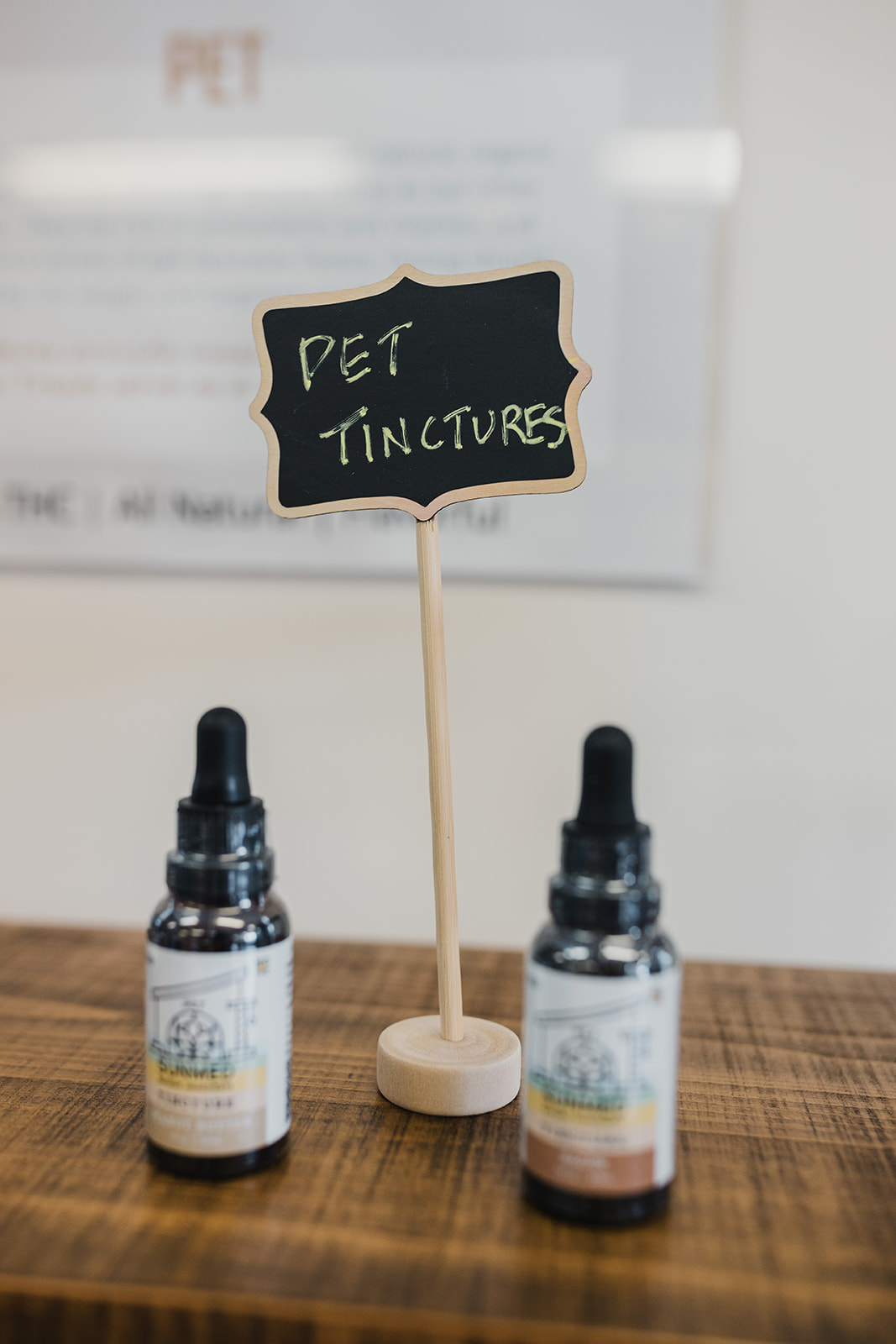
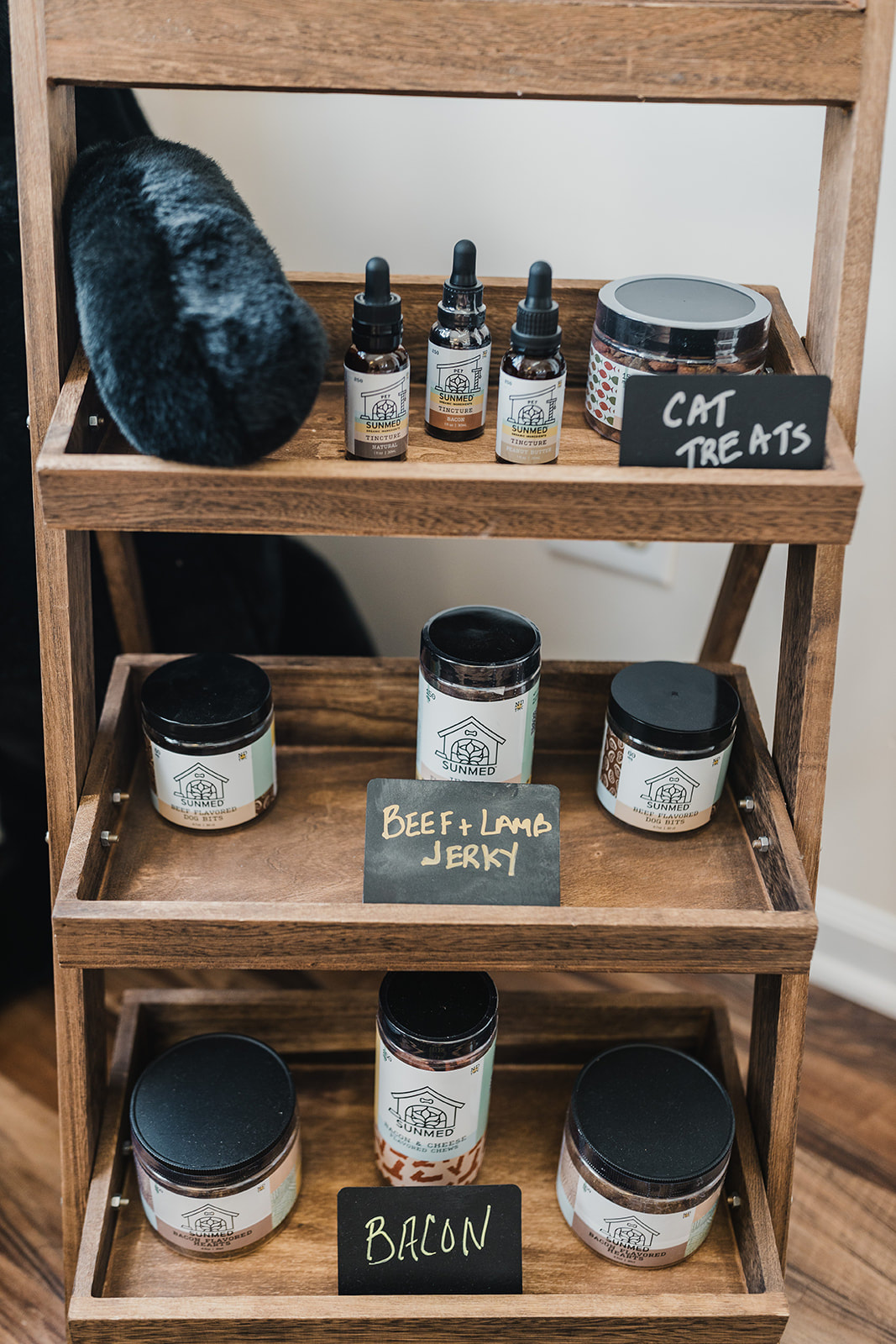
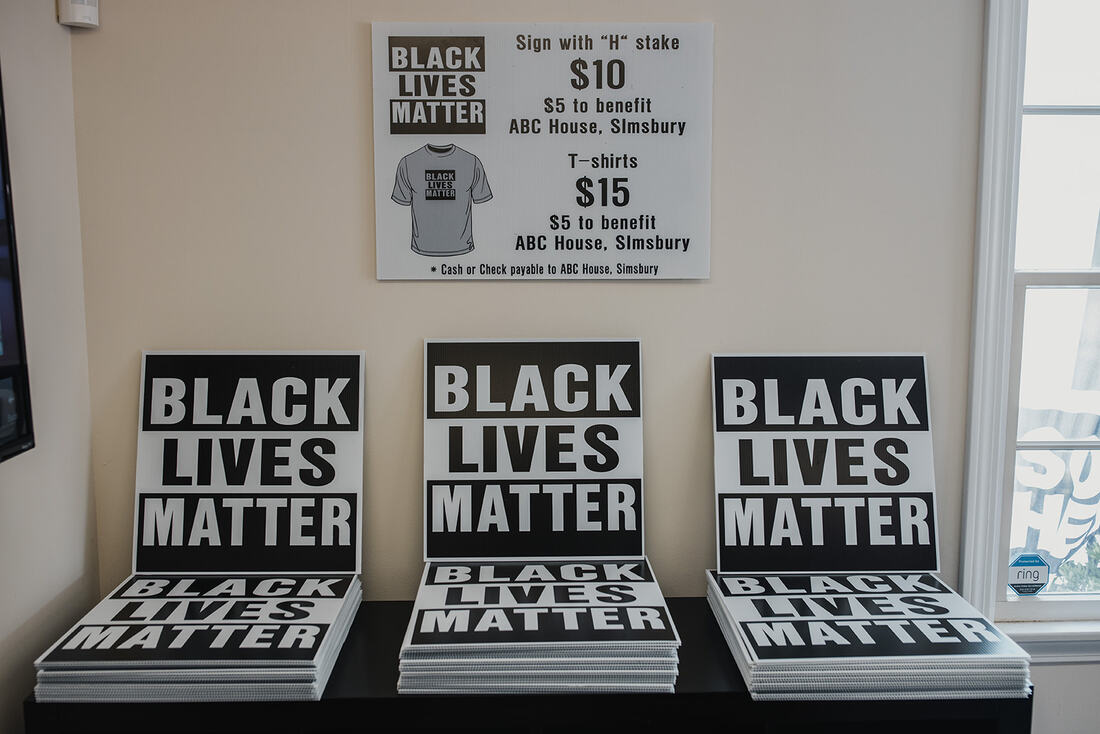
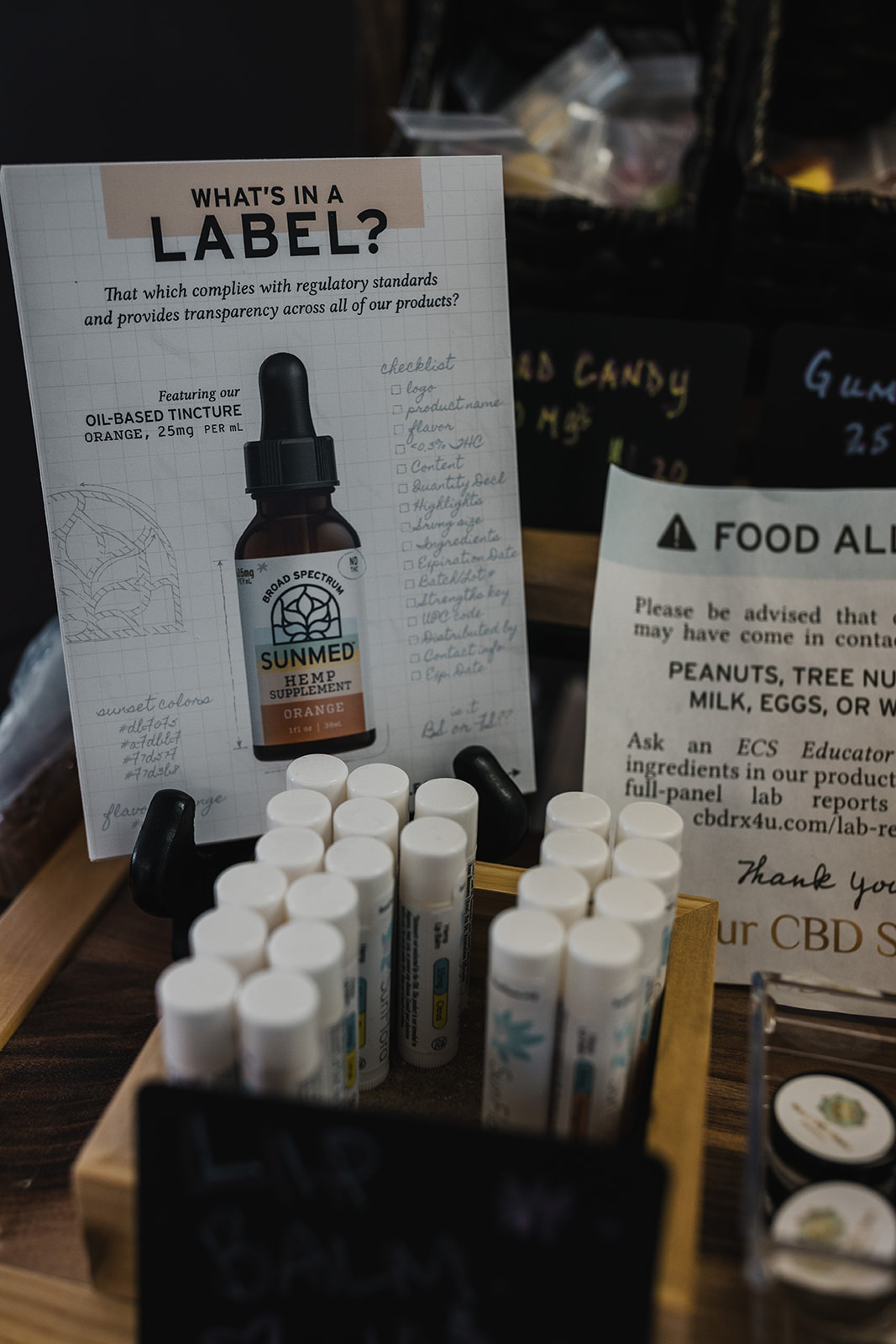
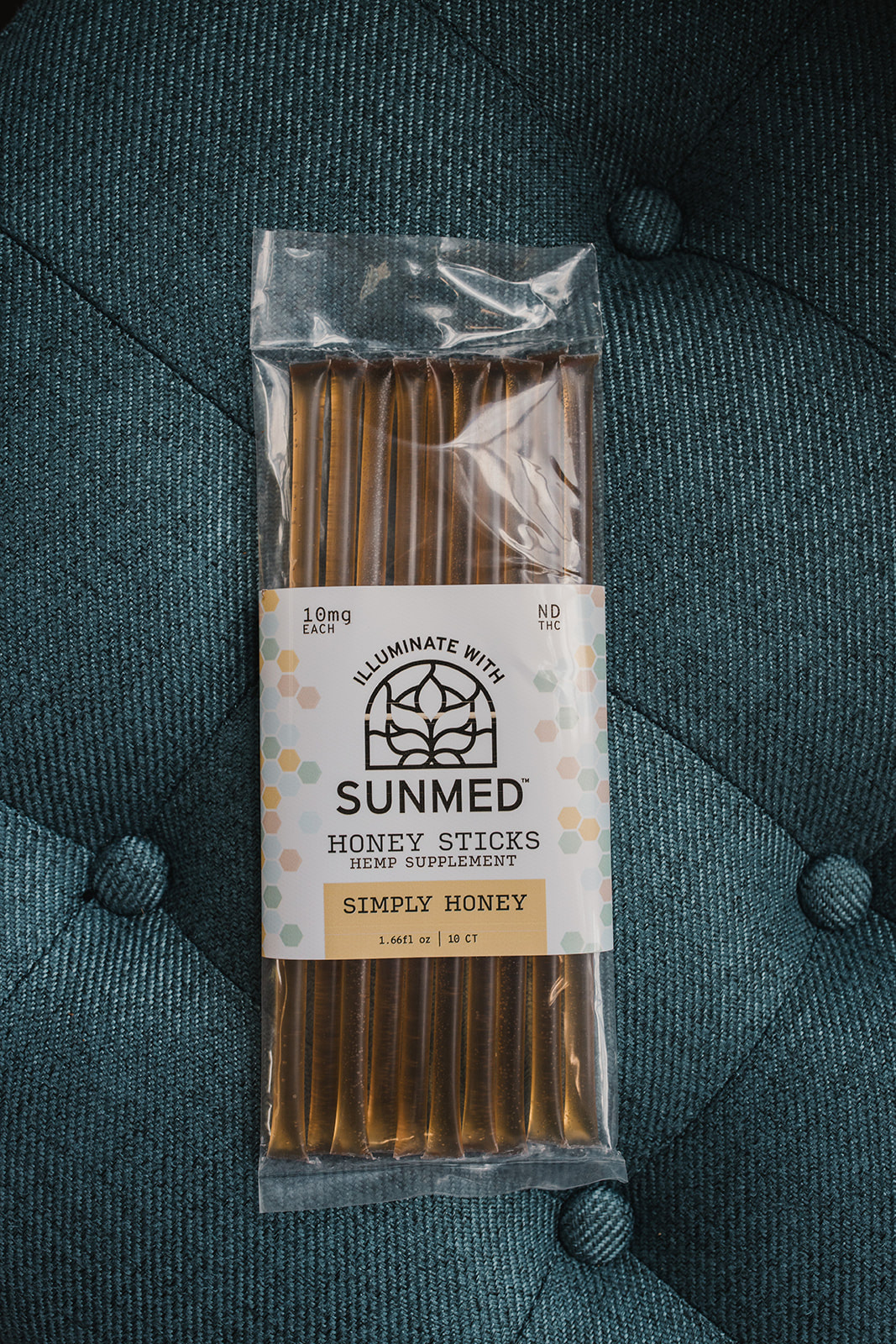
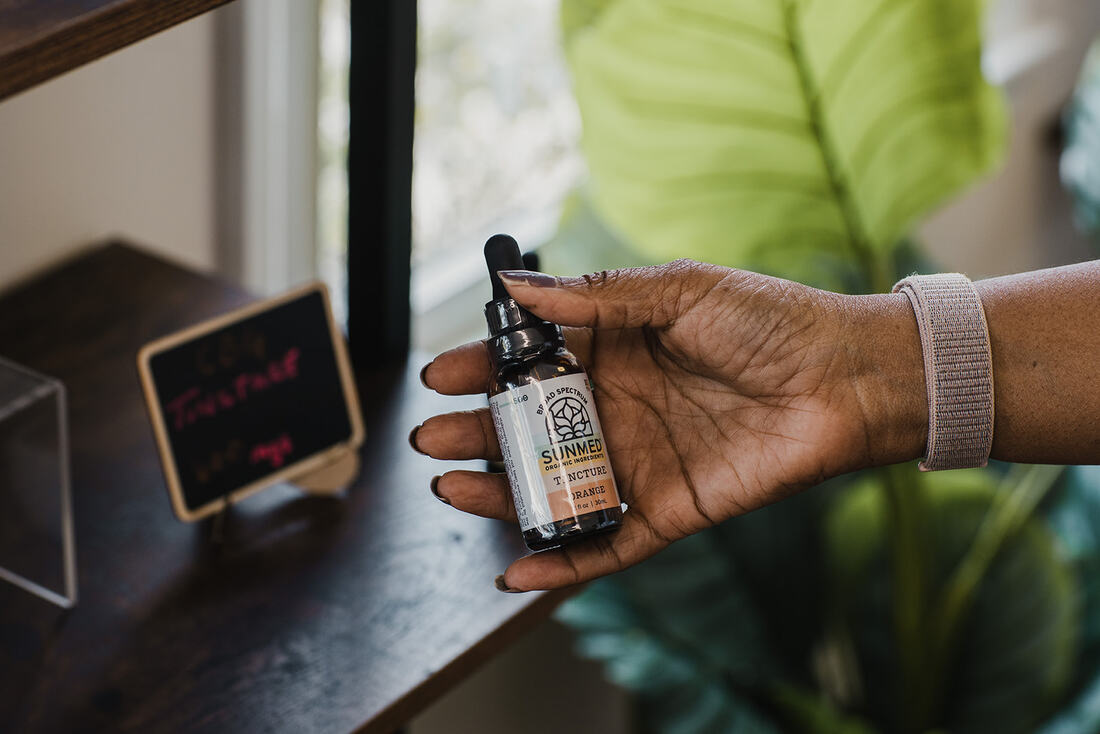
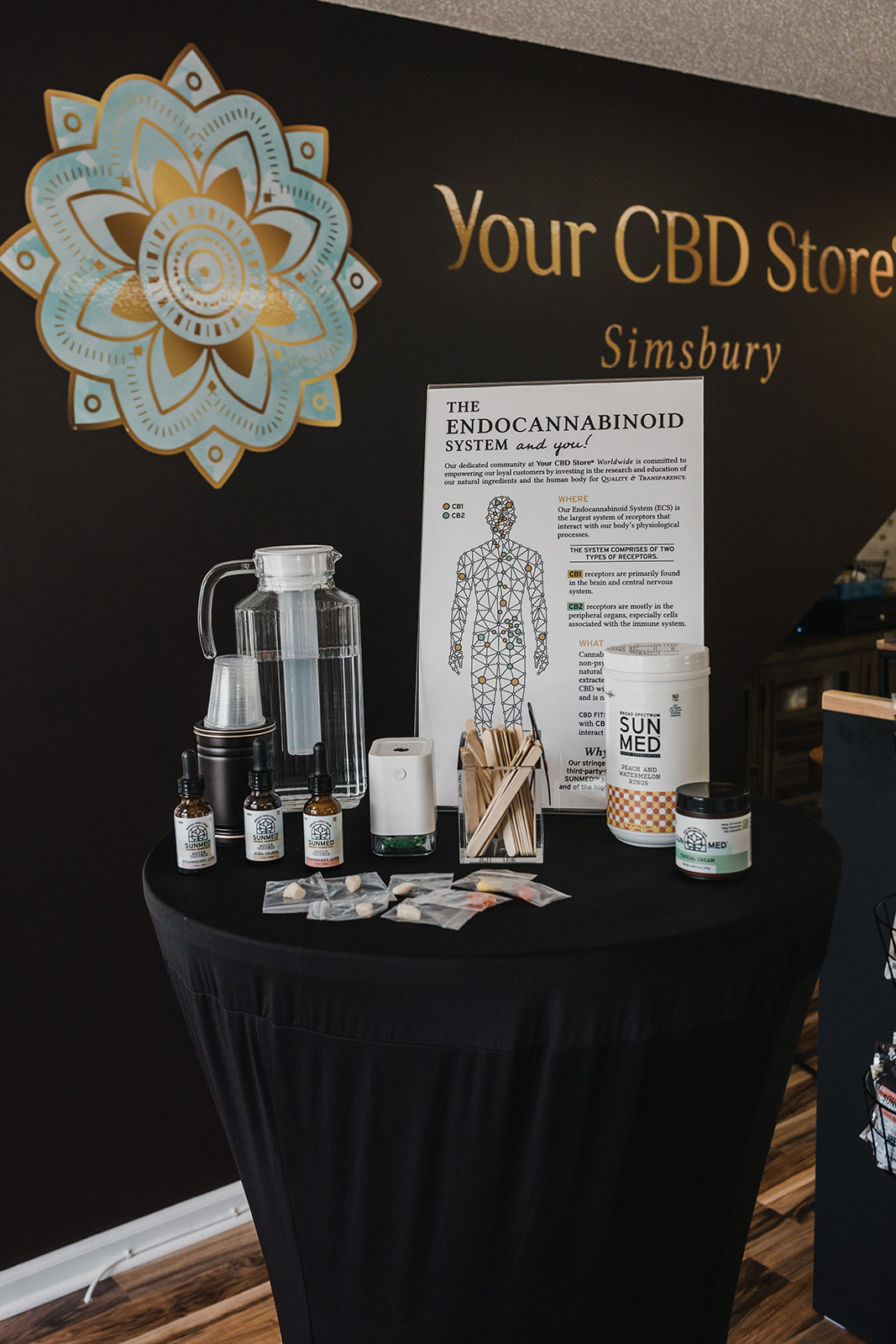
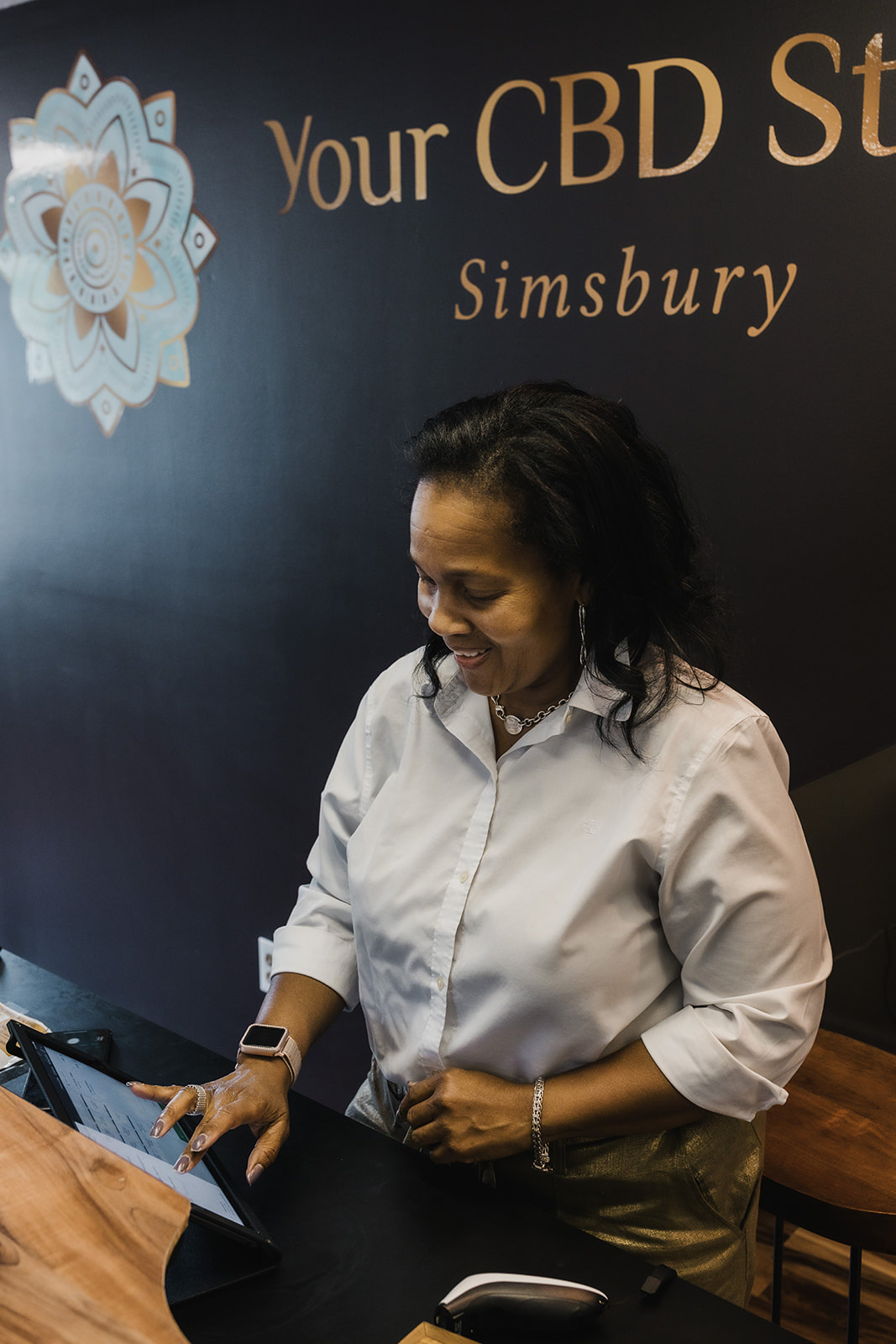

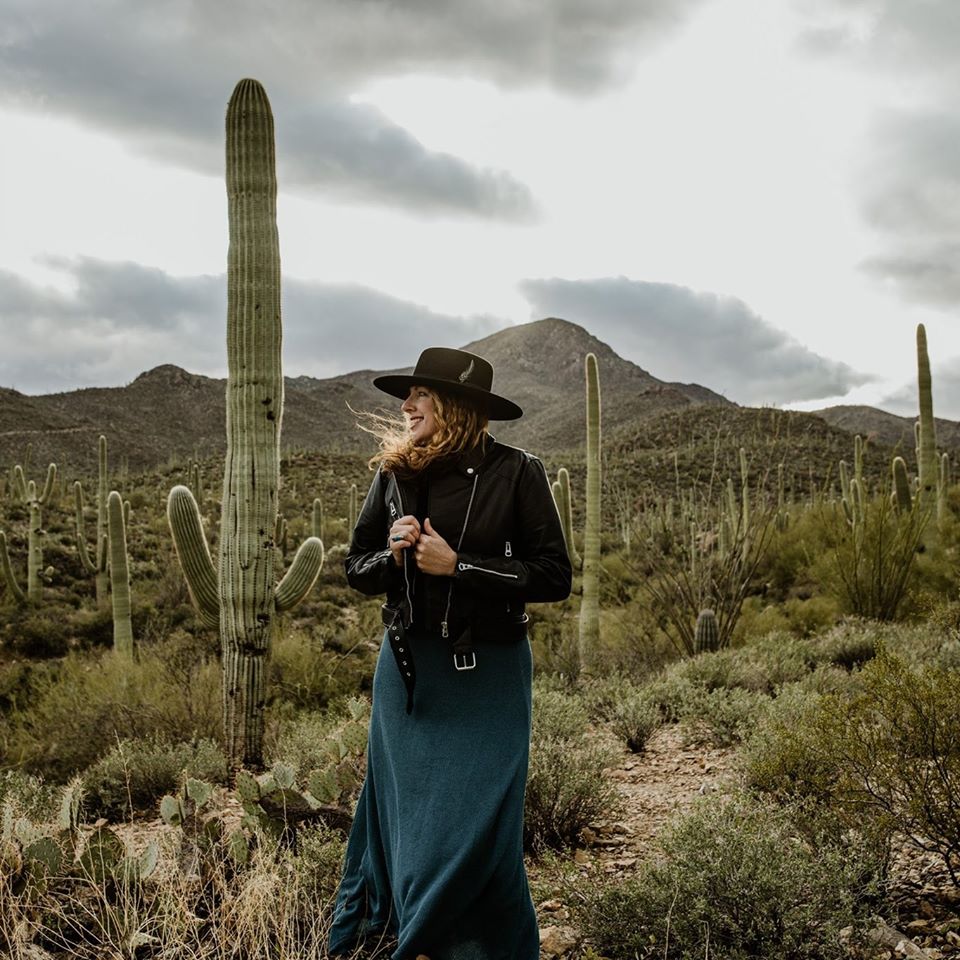
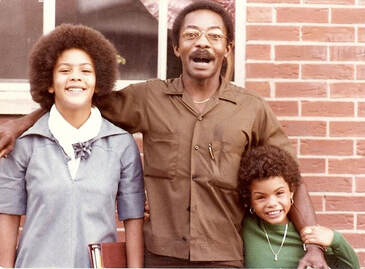
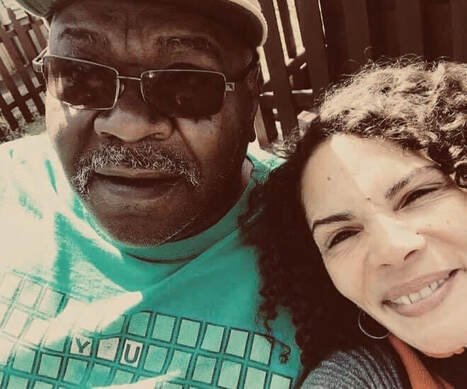
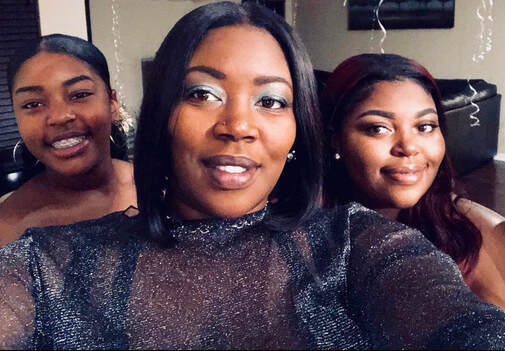
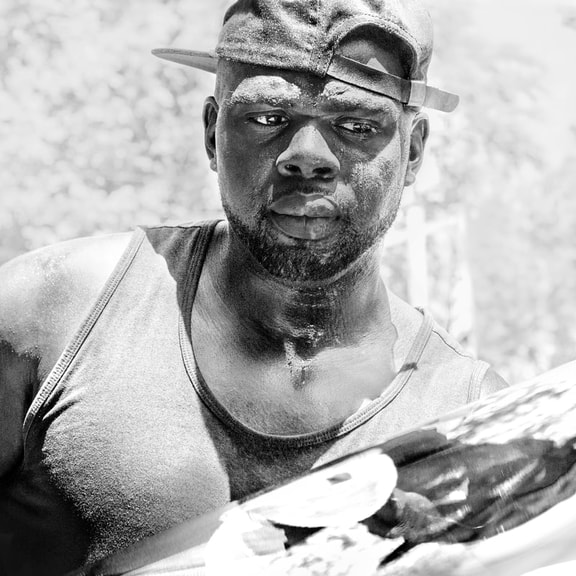
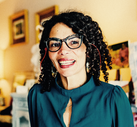
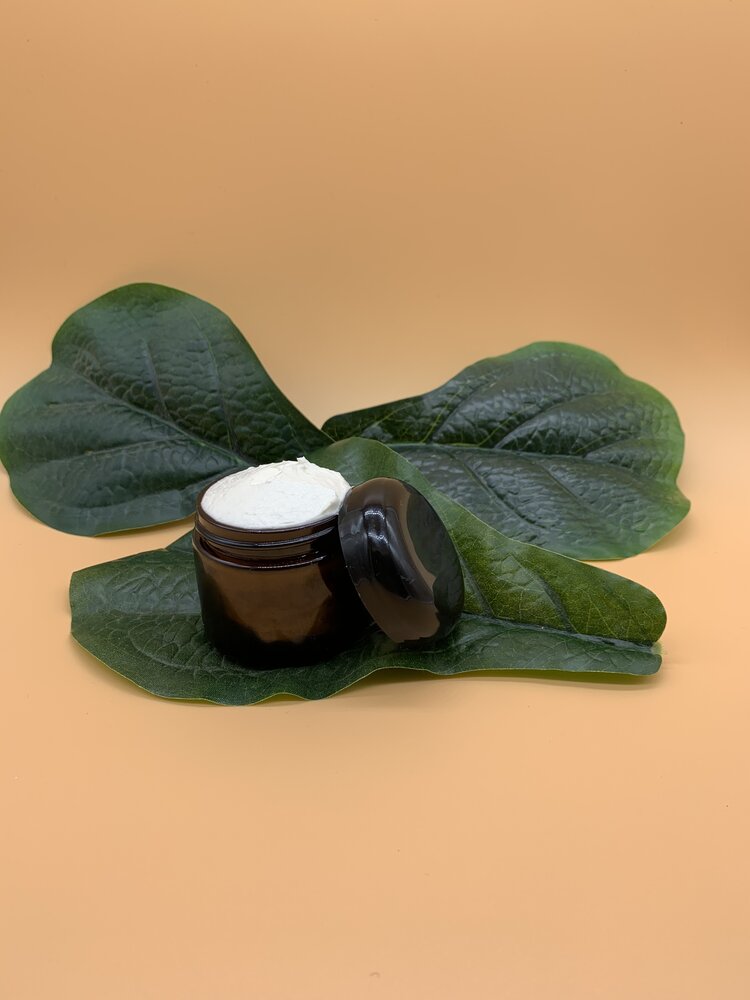

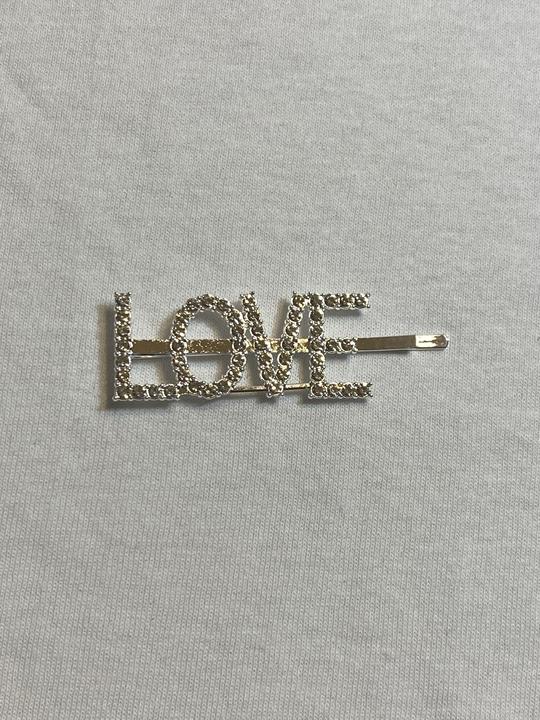
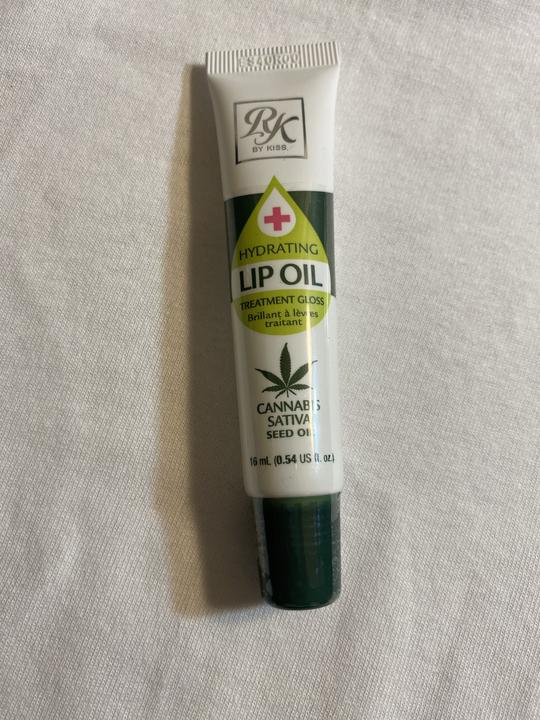
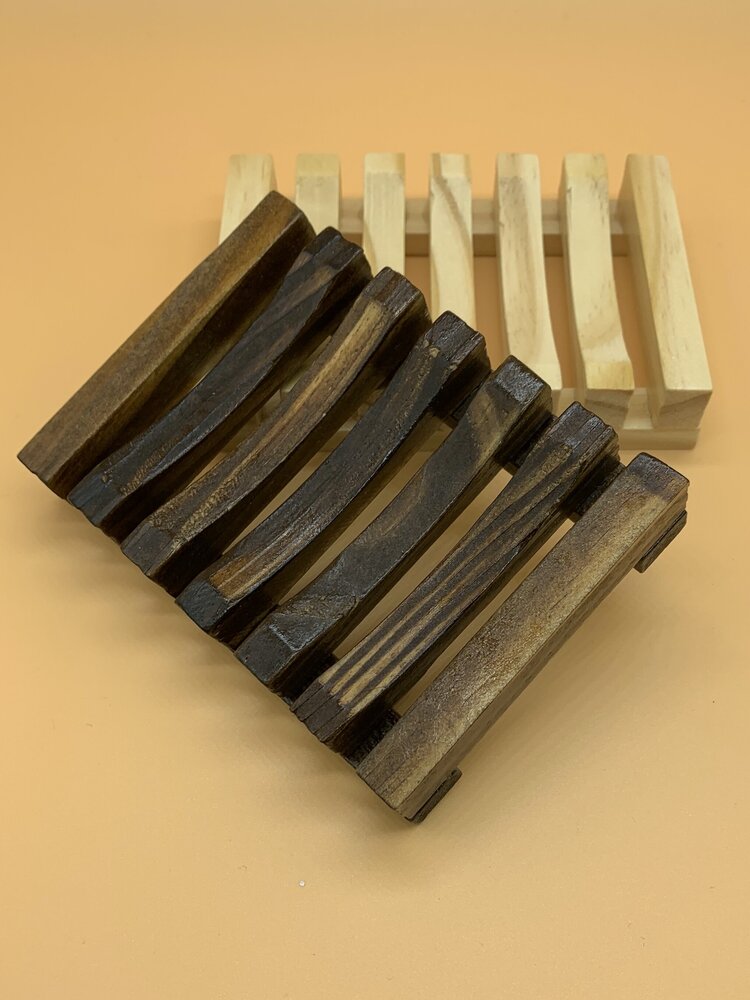
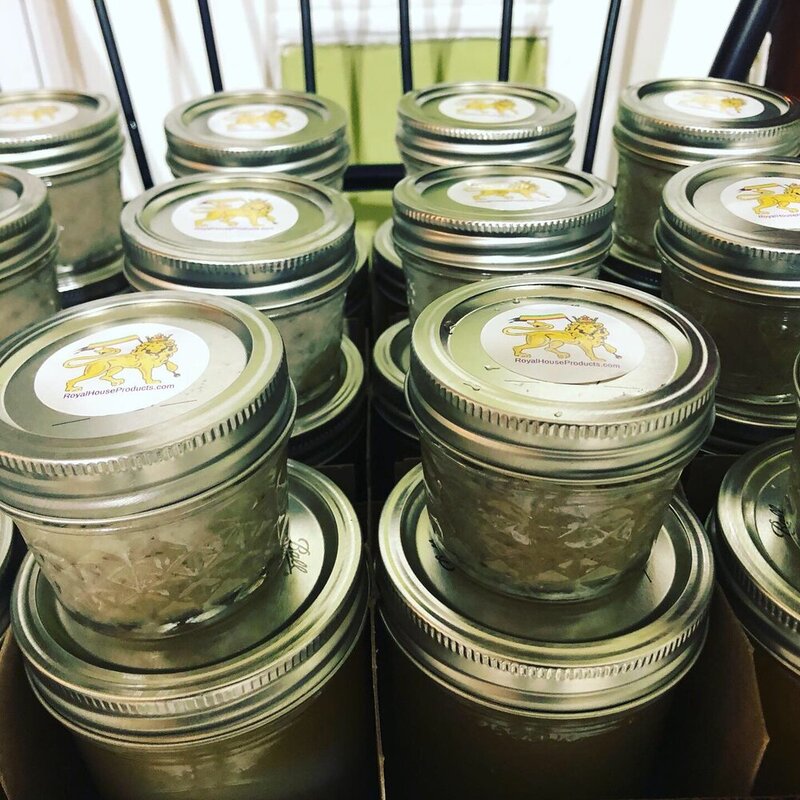
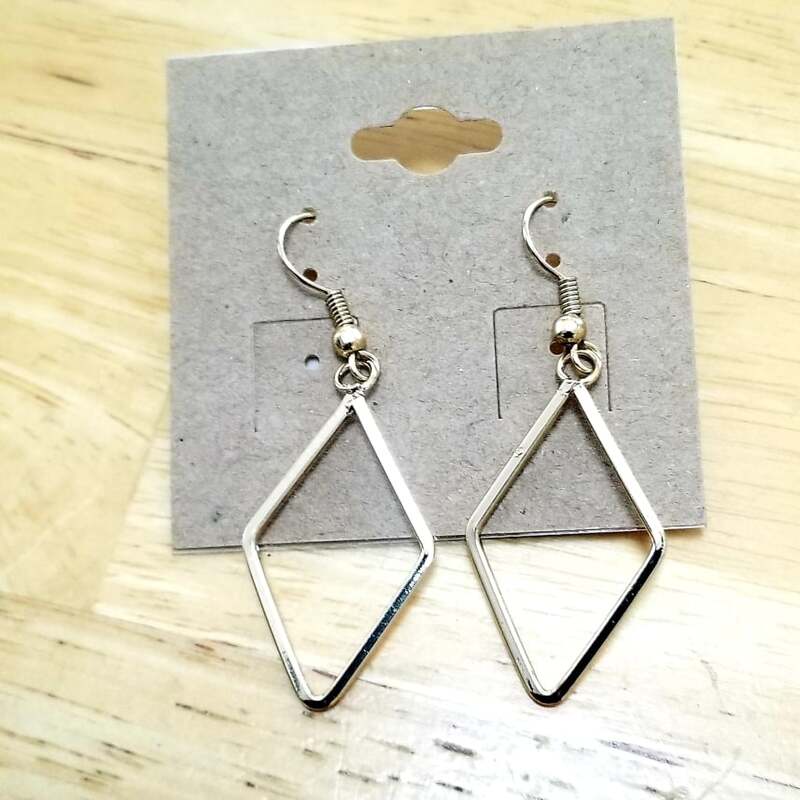
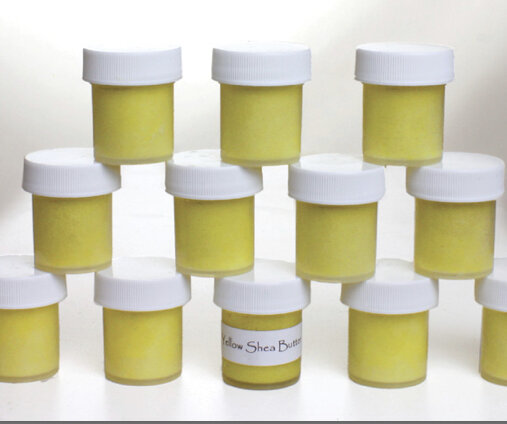
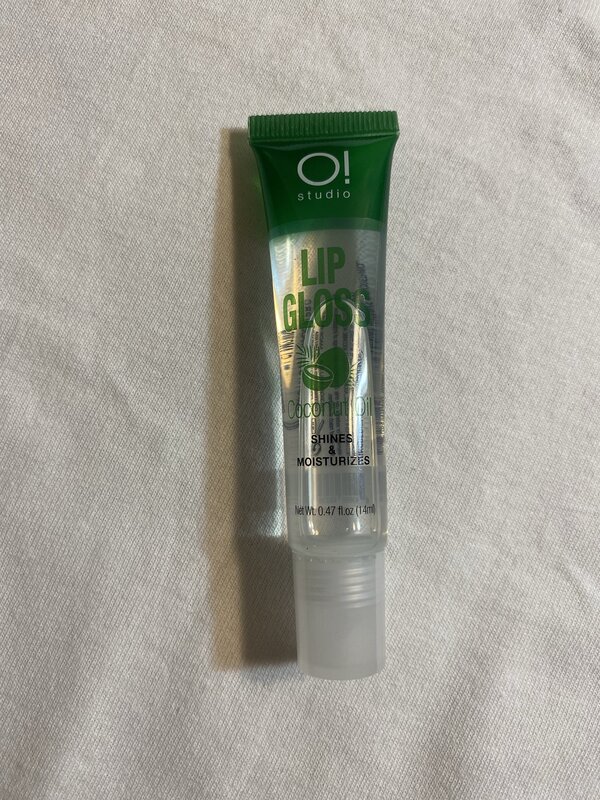

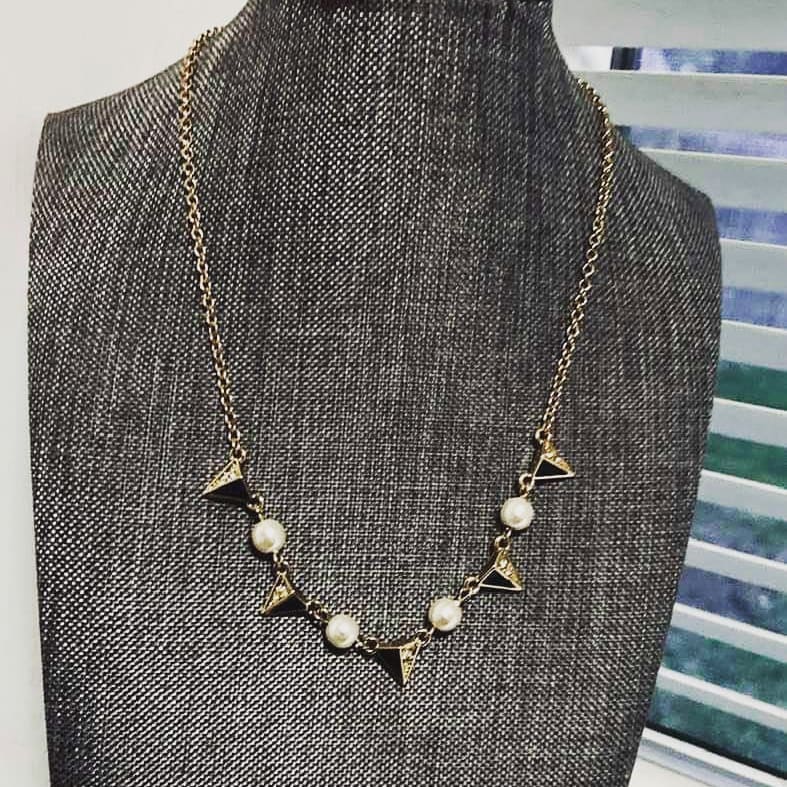
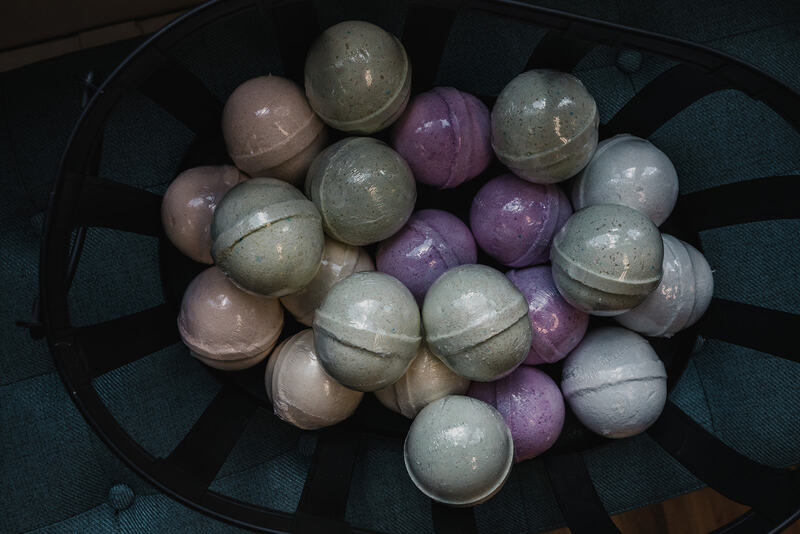
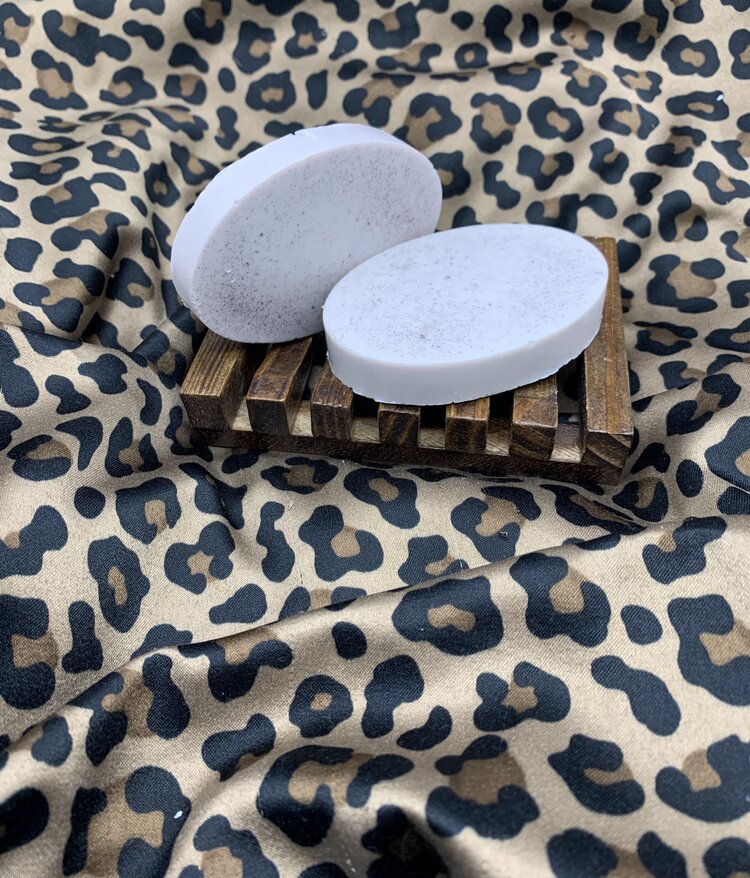


 RSS Feed
RSS Feed